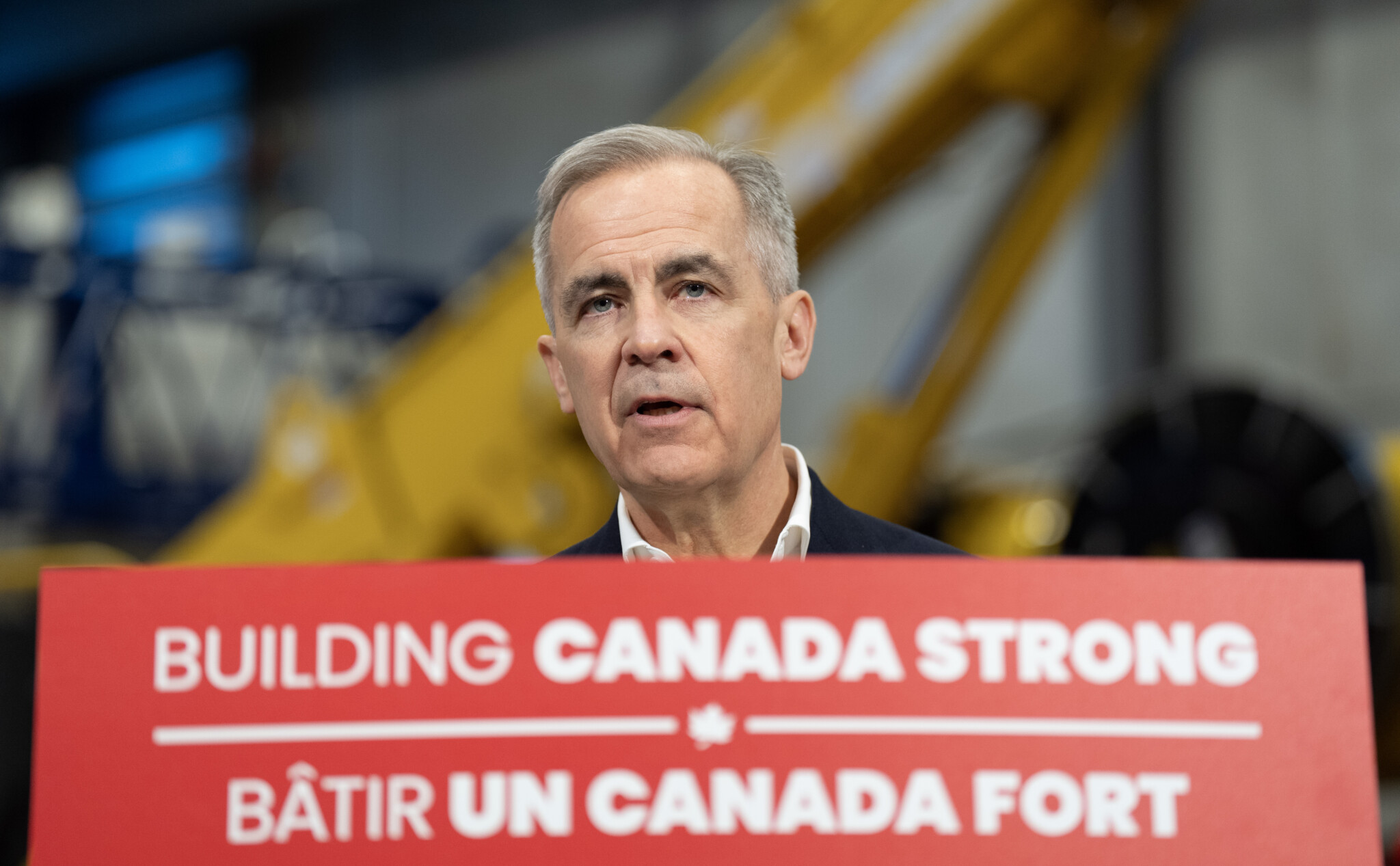As the 2025 federal election enters its final stretch, new polling reveals a tightening of the race that could reshape Canada’s political future. Abacus Data CEO David Coletto, appearing on The Hub’s election YouTube show, presented exclusive numbers showing the Liberal Party’s national lead shrinking to just 2 percentage points (from 40 percent compared to the Conservatives’ 38 percent)—a significant drop from their 6-point advantage earlier in the campaign. With crucial leaders’ debates approaching and voter sentiment shifting, Coletto’s analysis highlights factors that could determine the election outcome.
Here are three key takeaways from the discussion:
- Danger zone for Liberals as lead shrinks to 2 points: The governing Liberals’ national advantage has dropped from 6 to just 2 percentage points, signaling eroding voter confidence. This narrowing gap coincides with 56 percent of Canadians now wanting to vote for change—a 5-point surge since early April.
- Conservatives’ uphill battle against electoral math: Despite gaining ground nationally, Conservatives face structural hurdles requiring a 5-6 point lead to secure a majority government. This stems from Liberal vote efficiency in provinces like Ontario and Quebec—regions where Conservatives are still struggling.
- Make-or-break moment for the Bloc’s survival: Tonight’s French debate represents an existential test for the Bloc, which risks losing official party status (granted when a party wins 12 or more seats). The Liberals are maintaining a strong 40 percent support in Quebec. Leader Yves-François Blanchet must leverage his native francophone advantage, with failure likely accelerating the Bloc’s decline toward political irrelevance.
The Liberal lead has narrowed
Coletto’s latest polling shows the Liberal Party’s national lead shrinking to just 2 points, down from 6 points two weeks ago in the campaign. This narrowing gap with the Tories reflects growing voter dissatisfaction, with 56 percent of Canadians now saying they “definitely [want] a change in government,” up 5 points since a week ago.
The shift suggests voter fatigue for a wide swath of Canadians, following nearly a decade of Liberal government. This, said Coletto, has been compounded by effective Conservative messaging that focuses on change, with issues around Trump simmering down.
Conservatives face structural challenges despite gains
While Conservative support is growing nationally, Coletto highlighted a persistent structural challenge: the party likely needs a 5 to 6-point lead to secure a majority government due to Canada’s electoral geography.
“In the last two elections, Conservatives won more votes but fewer seats than the Liberals,” he noted, pointing to Liberal strength in vote-rich provinces like Ontario and Quebec.
The current numbers show the Conservatives dominating in the Prairies and remaining competitive in British Columbia, but struggling in Ontario and Quebec.
Coletto identified the upcoming debates as critical for Conservative leader Pierre Poilievre to make inroads with key demographics, including boomers in the GTA who have shown reluctance to support him despite backing Progressive Conservative leader and Ontario Premier Doug Ford provincially.
The Bloc Québécois faces an existential threat
Coletto said the Bloc Québécois faces potential collapse following tonight’s French-language debate, with Liberals now polling around 40 percent in Quebec. Therefore, Leader Yves-François Blanchet must deliver a standout performance to revive his party’s fortunes.
“The Bloc could even lose official party status,” Coletto cautioned, drawing parallels to their 2011 electoral loss, which also meant the loss of parliamentary funding and resources, along with speaking time in Question Period and committees.
As the only native francophone leader, Blanchet has unique tools to challenge Carney’s Quebec credentials and French fluency.
Tonight’s debate represents Blanchet’s best—and possibly last—opportunity to reconnect with Quebec voters and justify his party’s continued existence.
Generative AI assisted in the production of this summary. If you are quoting from or referencing this summary, please refer to the audio to verify.








